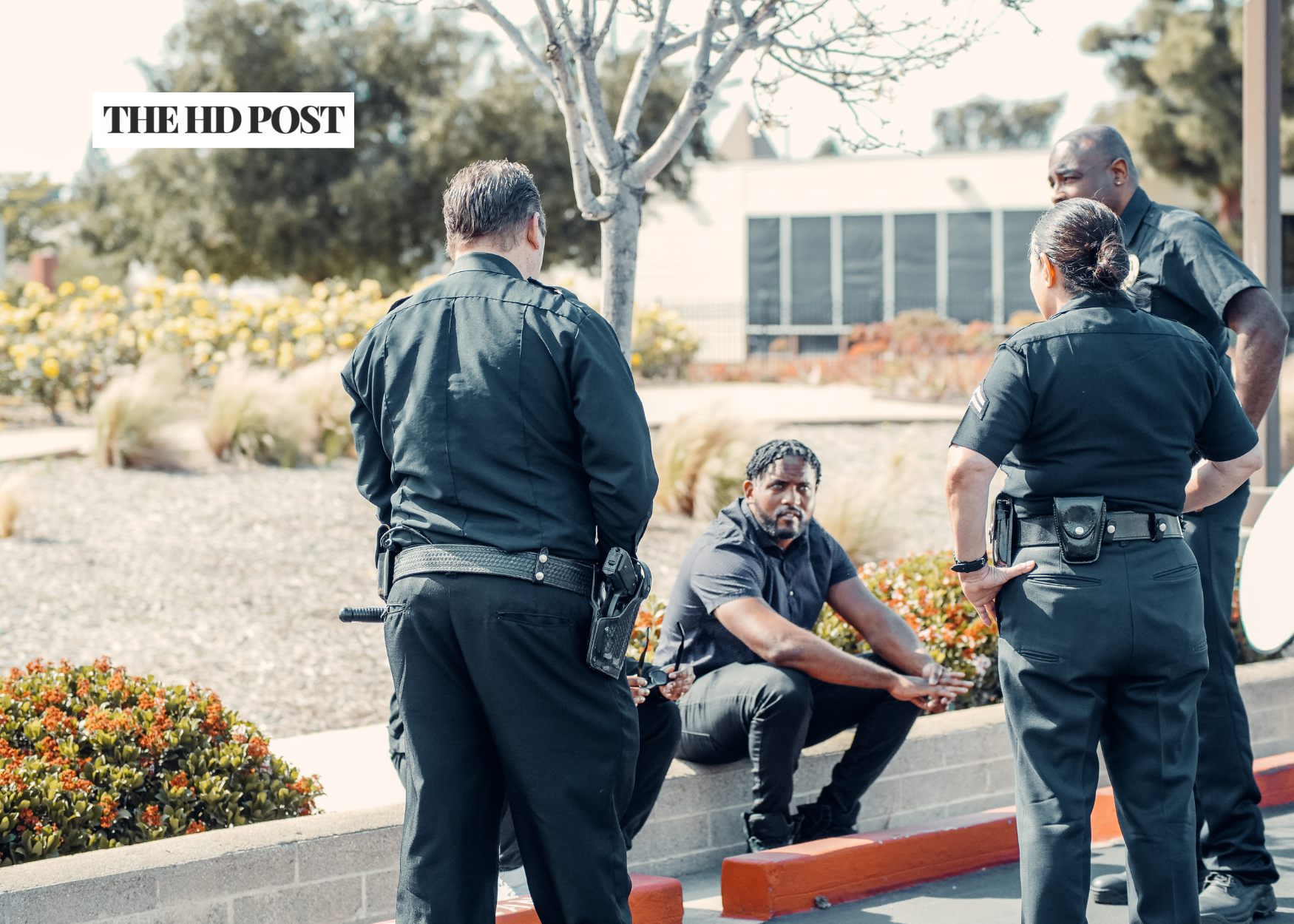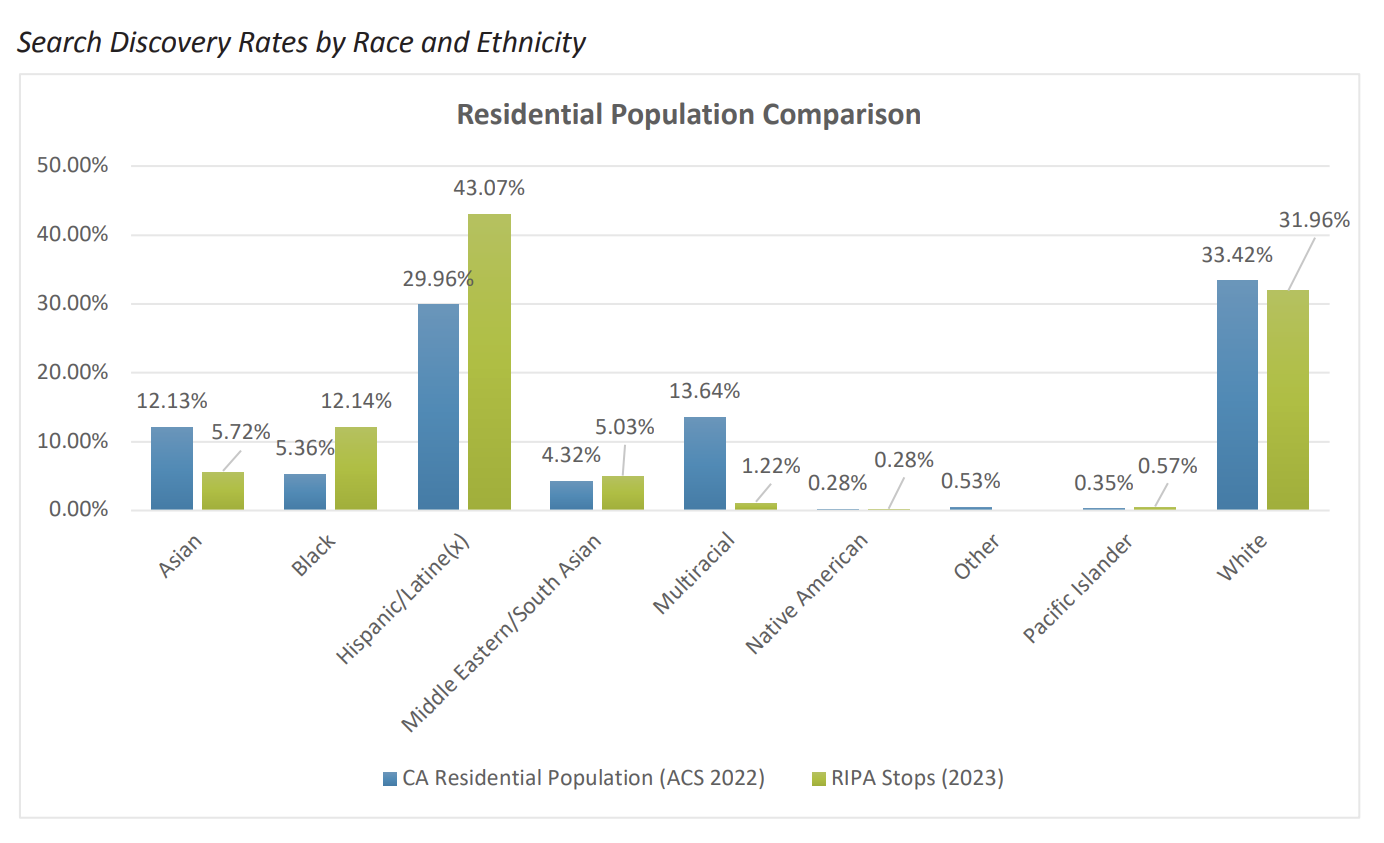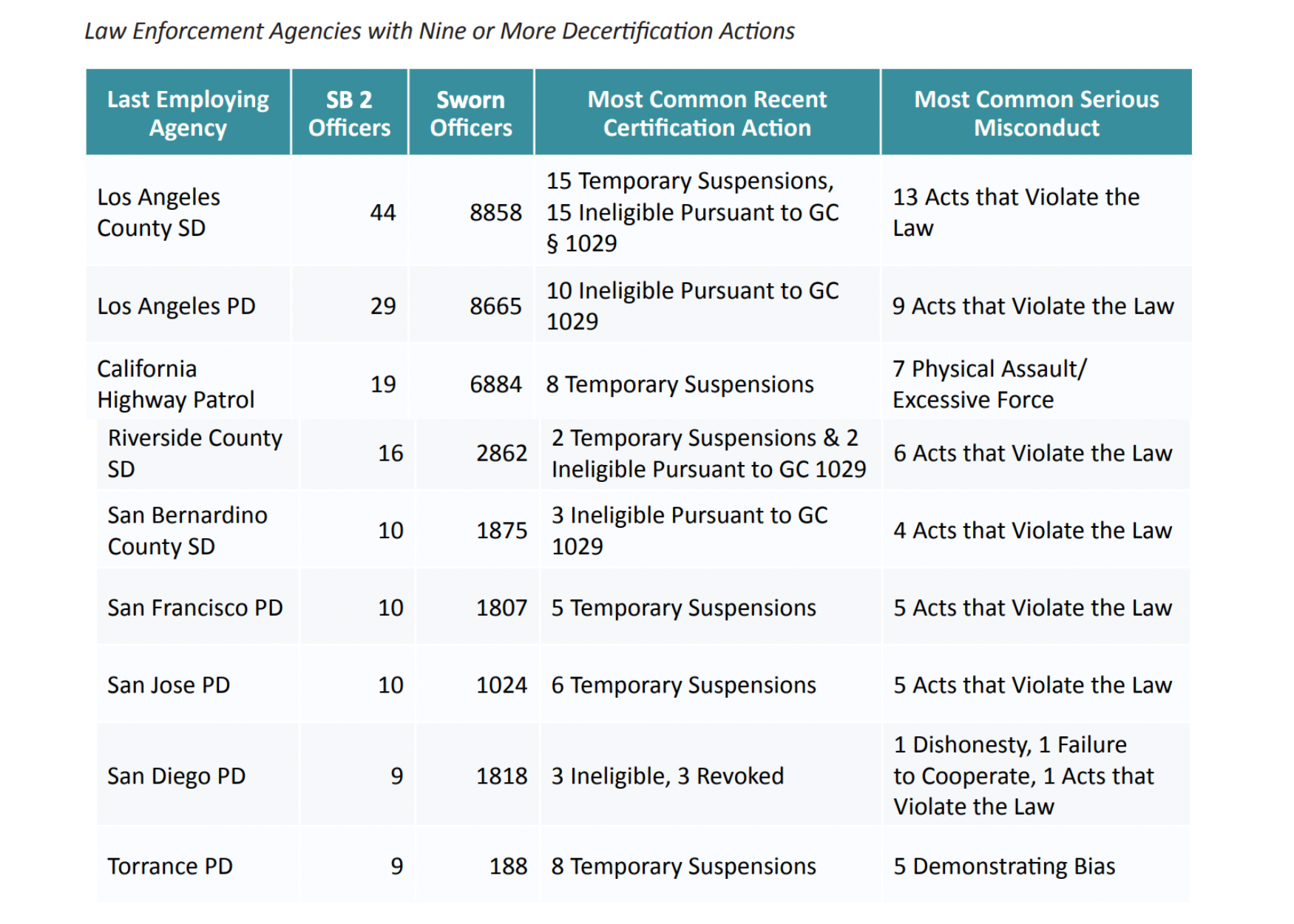
CALIFORNIA – The California Racial and Identity Profiling Advisory (RIPA) Board published their annual report, January 1, on police stops across California with a focus, this year, on the policing of youth and its impacts.
Researchers found that Black youth were stopped by police far more often than their share of the population, with stops happening 126% more than expected.
Latino youth were the next most affected, being stopped 44% more often than expected.
“Young Californians who are driving, biking, and walking and perceived to be Black or Brown are regularly stopped, asked to consent to a search, handcuffed, sat on the curb, put in a police car, and questioned for information that is recorded on a field interview card before being released,” said RIPA Board co-chair Andrea Guerrero in a statement.
She goes on to say that this is California’s version of stop and frisk that causes immeasurable harm to the community and erodes trust in law enforcement from a young age.
Stopped more often, less contraband found

The report analyzes 4.7 million vehicle and pedestrian stops conducted in 2023 by 539 law enforcement agencies in California under the Racial and Identity Profiling Act.
The data shows that in addition to police stopping and searching Black, Latino, and Native American youth more often than White youth, there was less contraband or evidence found on them compared to searches of White youth.
Other key findings from the Board’s report related to youth include:
For youth ages 12–24, officers were more likely to use force in stops of youth perceived to be Black and Native American compared to other racial and ethnic groups.
Black and Native American youth also had the highest rates of handcuffing and the highest rates of a firearm pointed at them during a stop.
2,982 allegations of serious misconduct
California lawmakers rely on the RIPA Board to check if police training programs approved by Peace Officer Standards and Training (POST) are actually helping officers avoid racial and identity profiling.
The report says studies show that short-term training can temporarily reduce hidden biases, but people usually go back to their old ways after a few months.
“Therefore, to create lasting reductions in stop data disparities, researchers recommend weaving anti-bias interventions into the culture of police departments to shift department culture toward fair and impartial policing,” says the RIPA Board report.
Researcher recommendations include:
- Holding regular training to make lasting changes in behavior.
- Getting support from supervisors to help change the department’s culture to promote fair policing.
- Using body camera footage to train officers and review how they act in real situations.
The board also recommends making police departments create a rule against racial and identity profiling, with clear consequences if they don’t follow it, based on POST guidelines – similar to SB 2.
SB 2 lets POST take away an officer’s certification if: (1) the officer is no longer eligible to work as a cop under certain laws; or (2) the officer is fired for serious misconduct, as defined by law and POST rules.
During the first nine months of 2024, POST resolved 2,982 allegations of serious misconduct including racial profiling. Of those, 2,811 cases resulted in no further action, and 171 cases resulted in decertification.

Upcoming community briefing
The California Department of Justice’s Office of Community Awareness, Response and Engagement (CARE) is hosting a Community Briefing to discuss the RIPA Board’s report on Tuesday, January 21, 2025, at 11:00 a.m.
To register for the free webinar visit https://doj-ca.zoomgov.com/webinar/register/WN_zMT-t0FtQ6ioSgxkpyzi0g#/registration
To view the full report click here.

